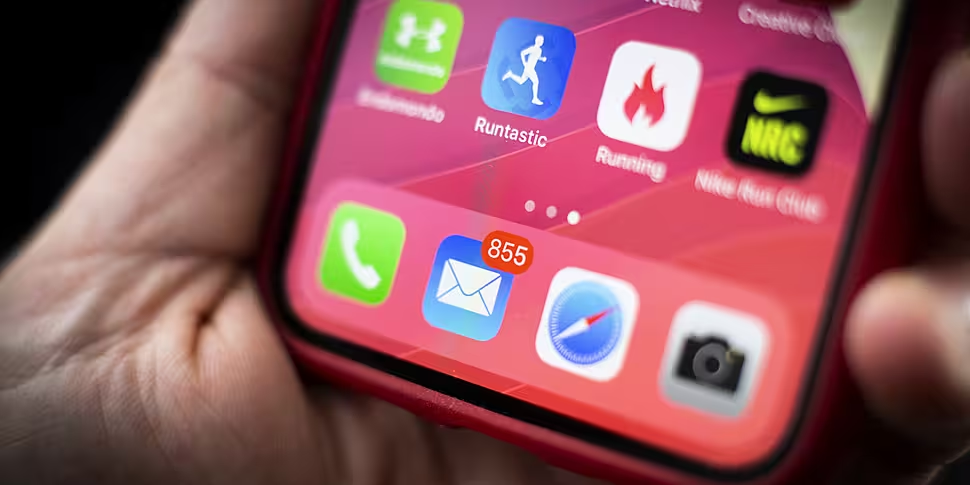With businesses to start finishing up for Christmas over the coming days, many people will be looking to 'switch off' from work for a few days or weeks.
This year has proven a particular challenge, as working from home has for many people blurred the divide between work life and home life.
Ahead of the new year, what should people be thinking about to ensure they get that healthy work / life balance?
On today's The Hard Shoulder, Newstalk's tech correspondent Jess Kelly and Future of Work expert Peter Cosgrove offered some tips for employees and employers trying to strike the right balance.
Jess said: "I have genuinely struggled with this over the years... even today, the first thing I did this morning was check my emails.
"It's not healthy, and it's not good."
She said employers definitely need to take responsibility, but it can also come down to the employee's attitude - with some people more inclined to be constantly checking their phone or emails.
However, she said there are things people can do to help limit the pressure on themselves and others.
She said: "If you are bringing your kids to school, and you are only available to answer emails at 6am... you can actually schedule your emails to be sent at a more sociable hour.
"That gives you the flexibility as a parent to work when you want, but you're not putting the onus on people to get back to you straight away."
You can also limit screen time on certain apps on your phone.
She explained: "You can put blocks on certain apps... I do that on days off.
"Over Christmas I'll be doing the same thing: I'll give myself 20 minutes on my Outlook app a day, and beyond that it's locked and completely inaccessible to me."
Working more hours
Peter Cosgrove, meanwhile, said the pandemic has led to a new daily routine for many people.
He observed: "When people were in the office, they had this moment where they put their laptop away and got the DART, bus or whatever home. There was a time when you stopped working.
"There is no time at the moment - people keep checking into the evening. The pandemic has shown us people started working more hours, and were probably a little bit burnt out."
He said he doesn't believe most employers are expecting staff to constantly check their emails, and employees "can be their own worst enemy".
He suggested: "The moment our phone is in our hand, our notifications are often on... or you're just bored for five seconds so you click on an email.
"The only way you can really switch off is if the phone isn't near you, or you're distracted by doing something like being out for a run, jog, swim or something else."
However, he does believe there are things employers can do - such as being clear what the expectations are.
Some staff will be paid very well, for example, but they will therefore be expected to be reachable at any time of the day.
He also suggested companies need to consider when and how why they send emails, and also build a culture of trust among employees so they know they can switch off.
He explained: "There is without doubt certain types of job that you need a high level of interaction... that's when everyone needs to be working at the same time.
"But there are many times when someone may be writing an article or code for three hours - the last thing you should be doing is interrupting them."
Peter also said that while employers can be great at putting in place policies and procedures, they don't always keep up with what's actually happening - so they need to make sure everything is being used effectively.









